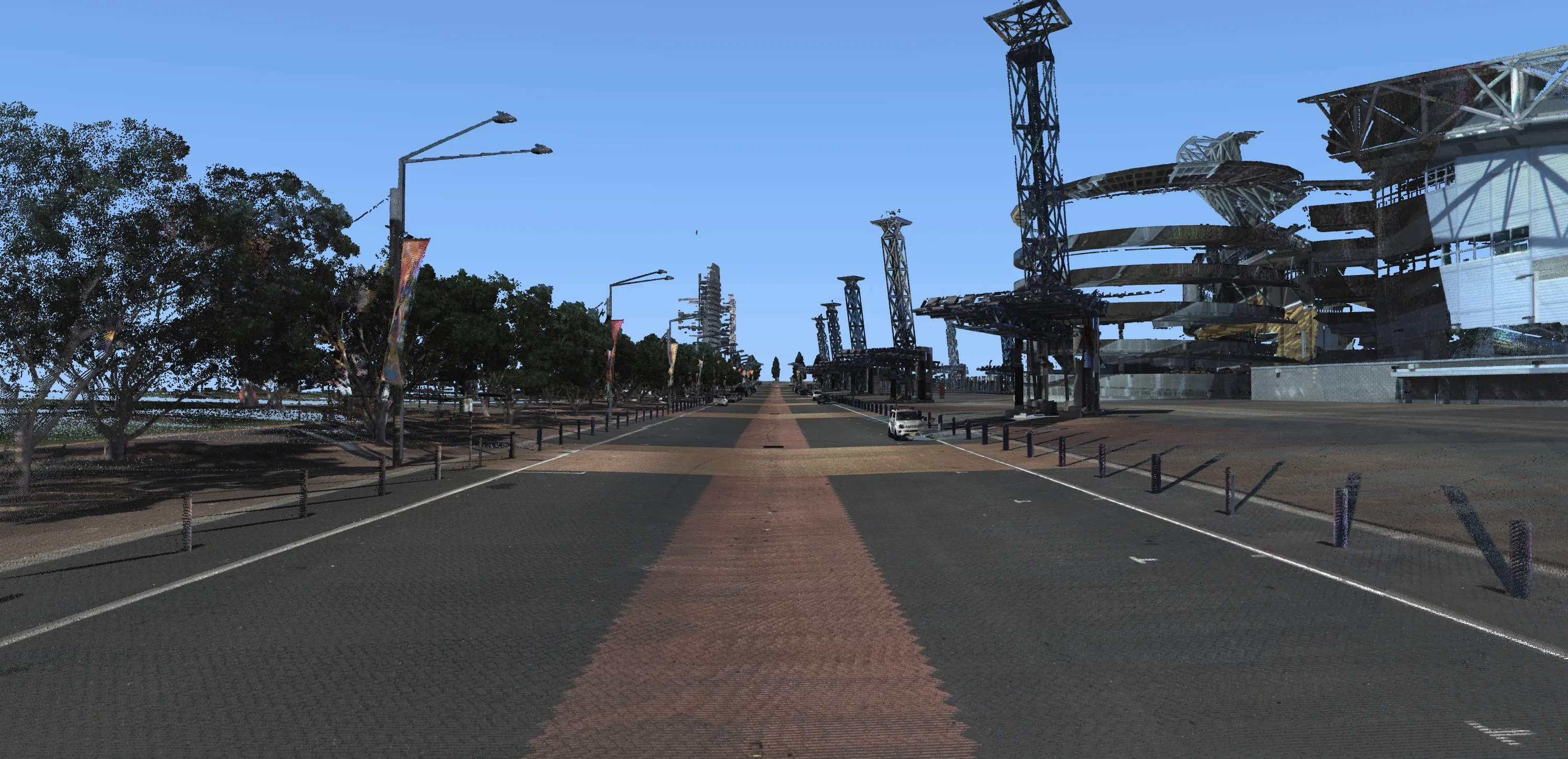The first tranche of tenders for the US$392 million Rustenburg Rapid Transport (RRT) project in the north west of South Africa has been announced by the local municipal council.The tenders are for the construction of the North-West RRT Corridor, topographical and structural survey services and environmental-impact assessment (EIA) services. The RRT aims to provide transport to half-a-million Rustenburg residents from 2015.
April 20, 2012
Read time: 1 min
The first tranche of tenders for the US$392 million Rustenburg Rapid Transport (RRT) project in the north west of South Africa has been announced by the local municipal council.The tenders are for the construction of the North-West RRT Corridor, topographical and structural survey services and environmental-impact assessment (EIA) services. The RRT aims to provide transport to half-a-million Rustenburg residents from 2015.






